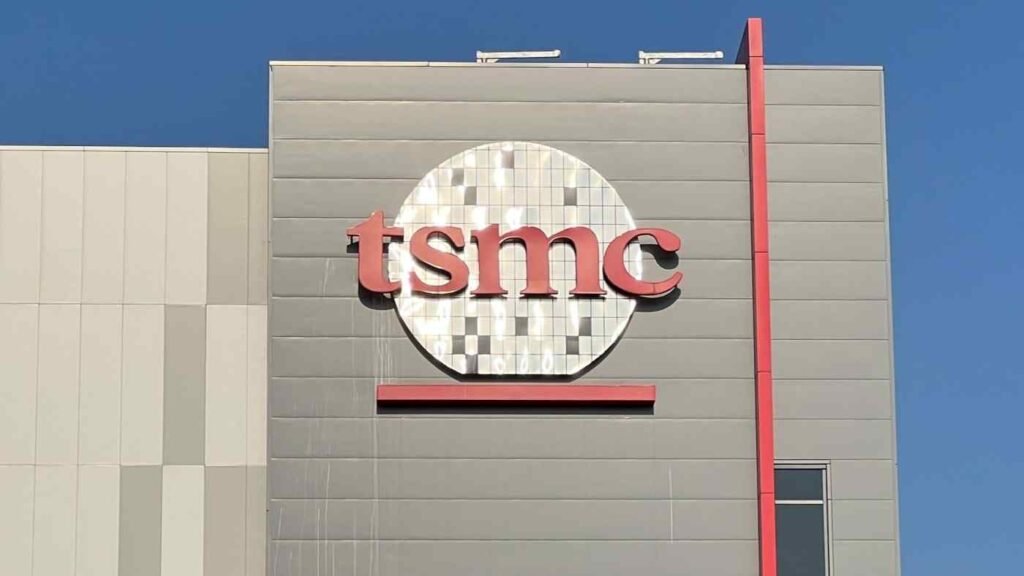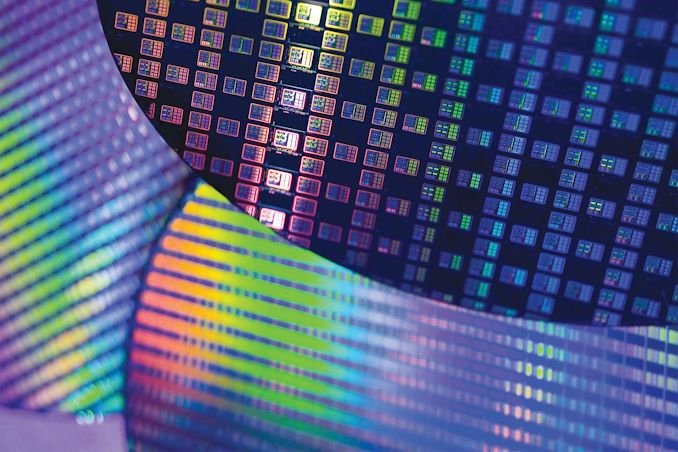Taiwan Semiconductor Manufacturing Company (TSMC), the world’s largest contract chipmaker, has announced that its 2nm technology will be the most advanced in the semiconductor industry when it is introduced in 2025. The company also said that its 3nm Plus (N3P) technology, which will be available in 2024, will have comparable power, performance, and area (PPA) advantages to Intel’s 18A (1.8nm-class) process, but with an earlier time to market, better technology maturity, and lower cost.

TSMC’s CEO C.C. Wei made these statements at the company’s earnings call on October 19, 2023. He said that TSMC’s internal assessment shows that its N3P technology, which will use proven FinFET transistors and traditional power delivery network, will be on par with Intel’s 18A process, which will introduce gate-all-around RibbonFET transistors and backside power delivery network (BSPDN). Intel plans to start using its 18A process in late 2024 or early 2025.

Wei also said that TSMC’s N2 technology, which will debut in the second half of 2025, will be more advanced than both N3P and 18A. TSMC’s N2 technology will use nanosheet GAA transistors and BSPDN, two innovations that are expected to enable higher performance, lower power consumption, and increased transistor density. Wei said that TSMC’s N2 technology will beat Intel’s 18A process across the board in terms of PPA advantages.
TSMC is confident in its upcoming process nodes and believes that it will maintain its technology leadership over Intel and other competitors. The company also said that it has a strong pipeline of customers for its advanced nodes, including seven out of the top 10 foundry customers and 43 potential customers and ecosystem partners.

TSMC’s announcement comes at a time when Intel is trying to regain its position as the leading chipmaker in the industry. Intel has recently unveiled its IDM 2.0 strategy, which includes investing $20 billion in new fabs in Arizona, expanding its Intel Foundry Services division, and collaborating with external foundries such as TSMC and Samsung. Intel also plans to introduce three advanced manufacturing processes over the next five quarters and initiate volume production on its 2nm and 1.8nm-class manufacturing technologies in the second half of 2024 and early 2025.
The competition between TSMC and Intel is expected to intensify in the coming years as both companies strive to deliver the best solutions for their customers and the industry. The outcome of this rivalry will have significant implications for the future of computing, innovation, and global supply chains.
- Poco X8 Pro & Poco X8 Pro Max Appear on TDRA Certification for Global Launch

- Sony Rolls Out New PSSR Update for PS5 Pro, Resident Evil Requiem First to Use It

- Motorola Starts Rolling Out Android 17 Beta Program in India; Edge and G Series Included

- Samsung Galaxy S26 Ultra Price in Philippines Starts at PHP 86,990

- Samsung Galaxy S26+ Launched with Starting Price of PHP 67,990

Discover more from wazzuptechph
Subscribe to get the latest posts sent to your email.







